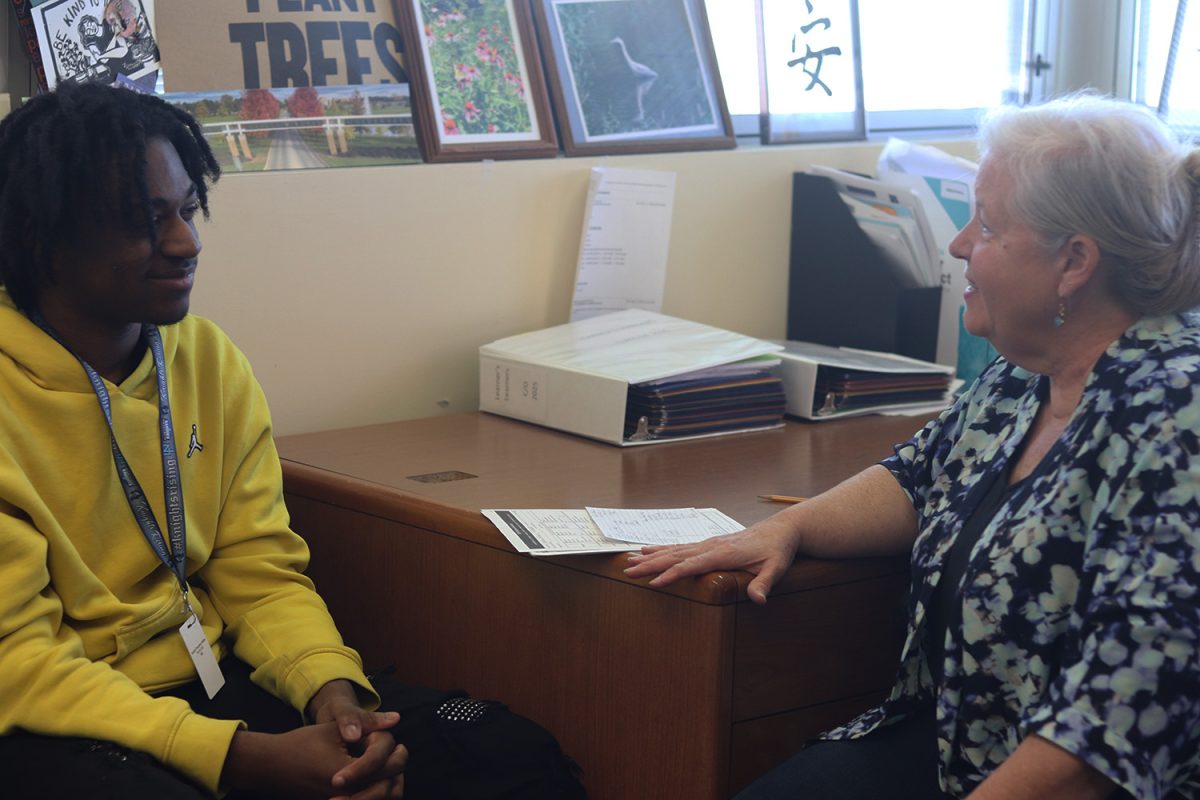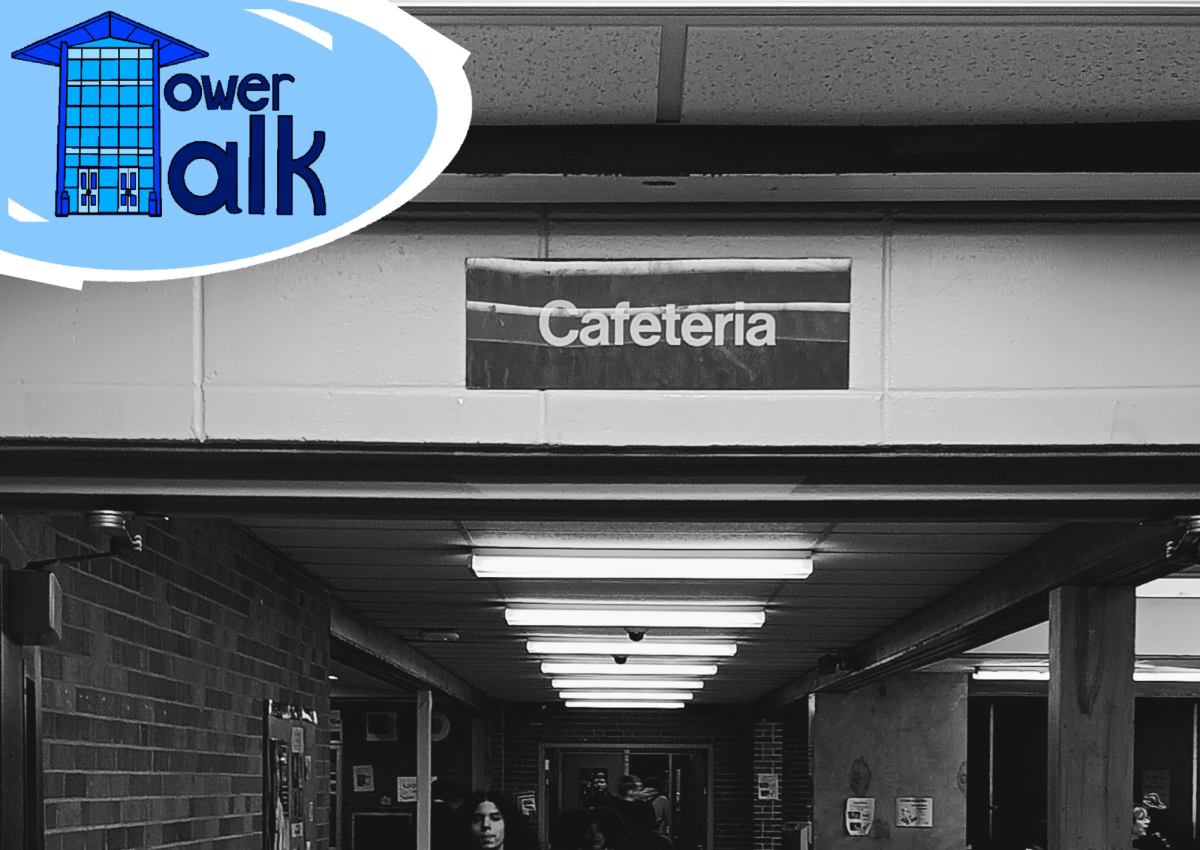Senioritis: An inevitability of age or a result of flawed school policies?
May 27, 2021
As the end of the year approaches, “senioritis” begins to set in for many students as they get ready to leave high school. This “condition” is often viewed as students getting lazy or complacent, thinking that once they have been accepted into college they don’t need to do anymore work. However, when you consider the fact that most of these students have been dealing with the same grueling school system for more than half their life, it’s hard to not be sympathetic.
Seniors’ peers and teachers suggest countless mechanisms for staying productive and getting their work done, but these only address the issue at a surface level. We should be confronting senioritis as what it actually is: burnout.
As mental health has been increasingly recognized as an important aspect of our lives and overall well-being, the concept of burnout has also risen to prominence. Burnout encapsulates the idea that people need to take breaks from work, otherwise they won’t have any time to recharge their metaphorical batteries.
Stories about people who work 24/7, either due to passion or necessity, are often glamorized. It makes that work ethic an ideal to strive towards despite being unsustainable, even for the most motivated individuals.
One consequence of this has manifested itself into what is known as “hustle culture” — the idea that all your time must be spent earning money or working towards a goal and even your hobbies should be profitable. You may have seen people posting on social media about how they’re “on that 24/7 grind.” While desiring to improve your financial situation and wanting to work hard is not a negative thing, this way of thinking promotes a toxic mindset that leads many to unjustifiably feel as if they aren’t working hard enough.
Even though senioritis only refers to a student’s decline in academic performance, this burnout can lead to repercussions in their personal lives. Many students, especially in the KPS school district, have to work to help take care of their families, support themselves in the future or they have already begun to transition into their adult life and aren’t prioritizing school over things like employment or other future plans.
Otherwise, senioritis is typically not as drastic in consequence, but it all stems from and fuels the same idea that if you are not successful, you’re simply not putting in the work.
This mindset completely disregards outside influences that may affect the capacity at which one can work, whether that be chronic conditions, familial circumstances or any number of things that are out of an individual’s control.
In the best cases, someone who is burnt out may just need a few days to themselves, but in more severe cases, it can lead to students being adverse to education and losing part of their desire to learn.
For a student going through one of the most important developmental periods of their life, this belief can be devastating to one’s self esteem and lead to them thinking that it’s not worth it to do any work at all, but this toxic mindset is not the only contributing factor to student burnout.
Seniors at Loy Norrix are required to have 26 credits to graduate, but once these requirements are met, students are still required to take a full schedule of classes if they don’t want to graduate early. This ends up making it easier for many people to leave school completely by graduating early, even if there were classes or extracurriculars they still wanted to take part in.
To add my own experience, I wanted to continue taking my electives such as sociology and AP European History, but to do so I would have to either continue taking a full schedule of classes or go through the hassle of getting a note from my doctor allowing me to take fewer classes. Even then, I would only be able to take as few as 4 classes, which was still a workload that wasn’t healthy for me at the time. Given the hoops I would have to jump through to continue my studies at the pace I needed, it was far easier for me to graduate early and ask my teachers’ permission to continue coming to class.
In addition to this, I very much felt consumed by my workload. Even when I was trying to relax and do things I enjoyed, the thought that I still had more work to do was constantly sitting in the back of my mind.
Many students have echoed the sentiment of feeling consumed by school and not having enough time to “be a person”. This is something that Finland’s school system accommodates for and has proven to be beneficial for students of all ages, not just seniors.
In Michael Moore’s, “Where to Invade Next,” a documentary exploring other countries’ policies that the United States could adopt, he dives into Finland’s education policies. Many of the teachers interviewed are shocked at the idea that students in US high schools are almost never given recess and a large portion of the time they do have outside of school is spent on homework.
Pasi Majasaari, a high school principal in Finland, claims that homework is an antiquated model of learning that takes time away from other important activities.
“These kids, they have a lot [of] other things to do after school…like being together, like being with the family,” says Majasaari.
Finland’s students also don’t have any standardized testing, even further contrasting with our classes that spend a significant amount of time teaching us how to take tests like the SAT, AP tests and WorkKeys. Even with all this preparation on how to take tests, Finland’s global education rank soars above ours while needing to spend 30% less per student.
There are many aspects of Finland’s school system that, while beneficial, would take years-long-plans to adopt in the United States, but simply allowing students to have more time outside of school, especially as seniors, would reduce the number of students feeling burnt out.
As a student with ADHD, online school has already been difficult enough. With other responsibilities regarding college and my home life, I became burnt out to the degree that simply attending class was mentally excruciating, and I was no longer interested in anything to do with learning.
Given the state of the world, there’s obviously many more factors contributing to my mental state over the past year, but school has been no small part of that. Reducing the number of classes I have to take wouldn’t have solved all my problems, but it would have allowed me to spend more time taking care of myself and led to me being less miserable.
If we were in school as usual, I may not have had these issues, but I have no doubt that there are many students who have similar struggles even when they’re able to receive a proper education.
In terms of what is beneficial for the student, it is simply unnecessary, and in some cases harmful, to continue requiring seniors to take a full schedule of classes when they have met all requirements for graduation. It leads to students not only being pushed away from the individual school, but being pushed away from education as a whole. High school is meant to prepare students to move onto the next part of their life, whatever that may be, but policies that restrict and are burdensome to students, inside and outside of school, directly contradict that mission.












